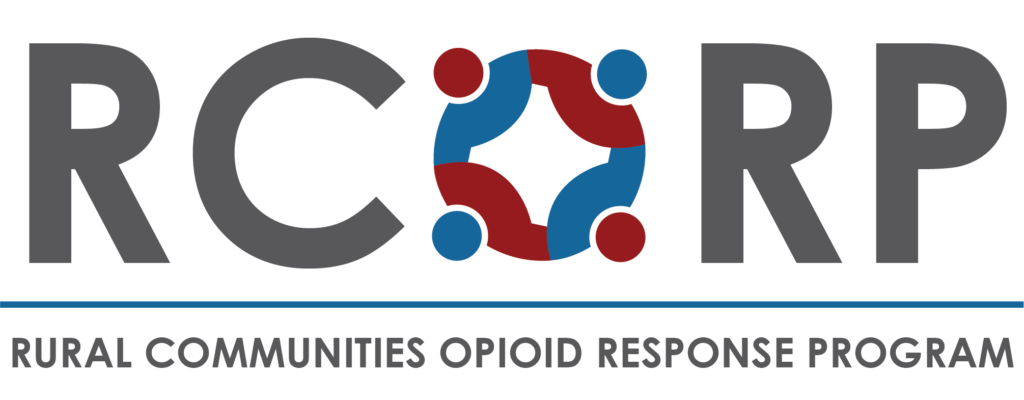Treatment of Stimulant Use Disorders
The presentation reviews new data on the neuropsychiatric and other medical effects of stimulants, and information on evidence-based treatment.
Suicide and Substance Use Disorders
Approximately 40% of patients seeking treatment for SUDs report a history of suicide attempts. This presentation describes the risk factors, screening methods, and key elements of safety planning for patients with suicidal ideation. It also explores rural implications for patients with SUDs and suicidal ideation.
A Multigenerational Approach to Prevention & Treatment of SUDs
Through both environmental and genetic factors, substance use disorders frequently perpetuate from one generation to another within families. Treating individuals struggling with substance use disorder in isolation often represents a missed opportunity to provide both treatment and preventative measures for others in their family who have been directly impacted by, are at risk for, or also struggle with a substance use disorder.
Use of Sustained Release Buprenorphine (SRB) in the Outpatient Setting
This webinar presentation discusses the evidence for and the use of sustained release buprenorphine (SRB) to treat opioid use disorder in the outpatient setting.
Acute Pain Management Following Surgery
This webinar presentation outlines strategies to optimize pain control and reduce opioid overprescribing in the post-operative period.
Identifying SUD Bias and Addressing Stigma in the Clinical Setting
This presentation outlines practical approaches to identifying personal bias and addressing stigma in the clinical care setting.
Telehealth for Substance Use Disorders and Considerations for Rural Regions
This presentation focuses on optimizing patient and clinician experiences with different telehealth platforms, practical guidelines for providing substance use treatment virtually in rural communities, and regulatory considerations.
Peer Recovery as an Evidence-Based Practice: From Science to Impact
The presentation focuses on how peer recovery models of care can help rural recovery communities from three perspectives. Dr. Kelly explains his research from the Recovery Research Institute on peer recovery centers, and reviews the evidence behind how these centers support and encourage long-term recovery. Dr. Depman addresses strategies, benefits, and challenges incorporating peer recovery models of care into that setting for OUD and AUD, based on his experience utilizing peer recovery coaches in the Emergency Department (ED) at Central Vermont Medical Center, a community hospital serving a rural population. Liza Ryan–a certified peer recovery coach in rural Lamoille County, VT, and a person in recovery for over 7 years–explains how her work is affected by serving a rural community.
Cannabis Use and Cannabis Addiction in Rural Populations: Phenomenology, Intervention, Policy
This presentation focuses on enhancing rural providers’ knowledge related to (a) the changing landscape of cannabis products and availability, (b) the potential to develop problems from cannabis use, (c) treatment models for helping those with cannabis problems in rural communities, and (d) the importance of communication for prevention, intervention, and public health in rural settings.
Social Determinants of Mental Health and Substance Use
This presentation introduces key concepts related to the social and structural determinants of health (SDOH), and how they apply to substance use disorders, with a particular focus on implications for rural communities.

